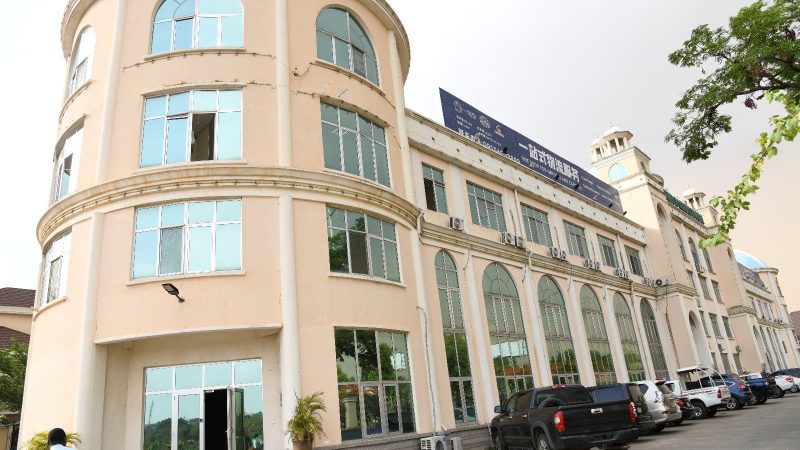By Chioma Obinagwam
The Nigerian government has announced the banning of the importation of Subscriber Identity Module (SIM) cards.
Confiance News gathered on Monday from a statement by the Minister of Communications and Digital Economy, Isa Pantami.
Speaking at the Nigerian Telecommunications Indigenous Content Expo (NTICE) organized by the Nigeria Office for Developing Indigenous Telecoms Sector (NODITS) of the Nigerian Communications Commission (NCC), he noted that it was imperative to deploy such measures to protect local industries and save the country’s economy from further collapse.
Pantami added that it Nigeria should not be importing things that it can produce.
“Let me make it clear that the federal government will no longer tolerate the importation of sim cards. We are now producing them in Nigeria.
“Our aim is to increase indigenous content in the ICT sector so that by 2025, we will be self-reliant by at least 80 percent,” the minister noted.
Pantami urged stakeholders and citizens to support government efforts to boost local patronage and consumption.
“If we do this, history will be kind to all of us”, the professor of Cybersecurity added.
Confiance News recalls that in June, Pantami informed the public that the Buhari administration had established a SIM card manufacturing plant in Lagos.
The facility, built with private sector support, has the capacity to produce 200 million cards annually and also export them to other African.






